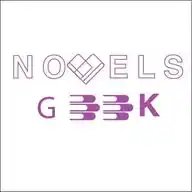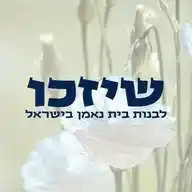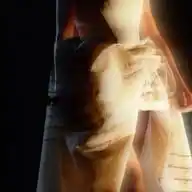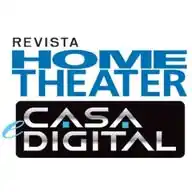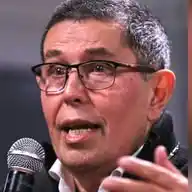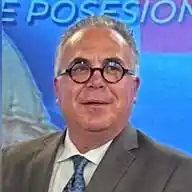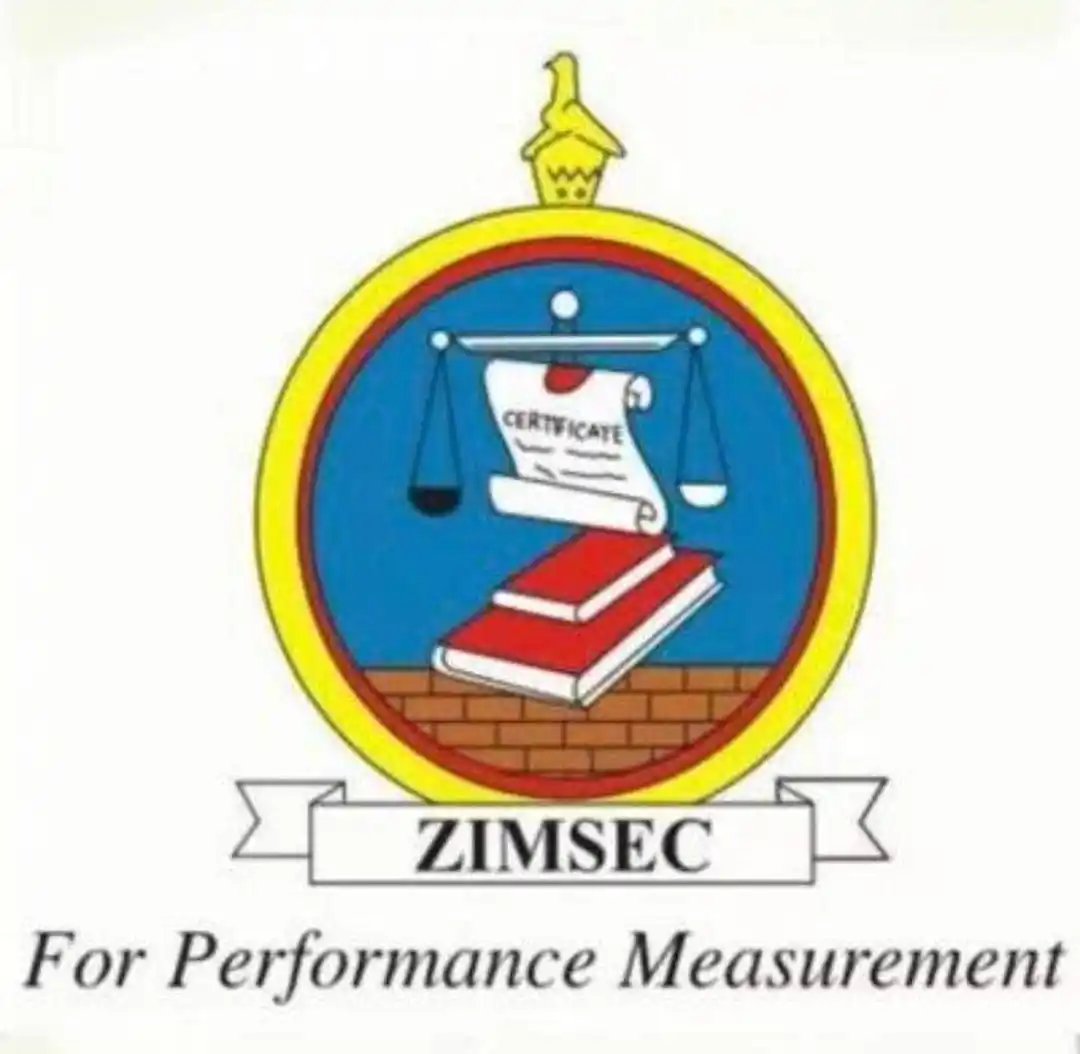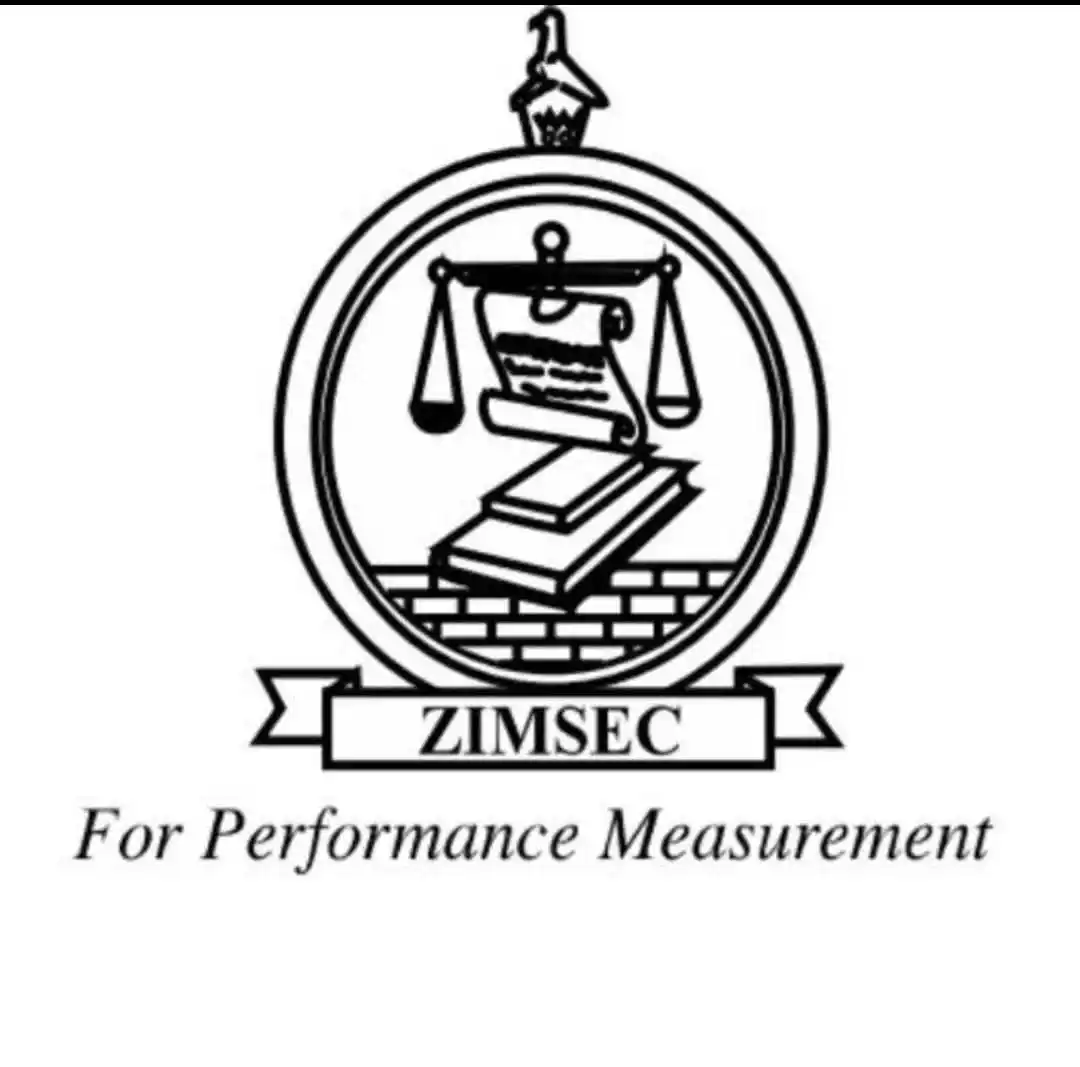ZIMSEC REVISIONS ⚖️
11.3K subscribers
About ZIMSEC REVISIONS ⚖️
Revision Home
Similar Channels
Swipe to see more
Posts
https://whatsapp.com/channel/0029Vafv5LA3QxRs0OgOp347 __________________________________________ `Share with a friend` __________________________________________
*‼️MATHS !! MATHS !! MATHS ‼️* _Come get the help you need before time runs out !!!!!!_ 1. 15 years Teaching Experience ✅ 2. Zimsec Marker ✅ 3. Records of making Children Pass✅ You are 100% guaranteed to pass if you join now💪. 1. O level Students ✅ 2. Form 3 Students ✅ 3. External Students ✅ *_Come make your dream come true today and pass the ZIMSEC Examination around the Corner_* *ITS NOW OR NEVER‼️‼️‼️* https://whatsapp.com/channel/0029Vb64qDZ5Ejxv7QpOw726
Come and enjoy 24/7 of exciting jokes and Confessions ‼️‼️‼️ https://whatsapp.com/channel/0029Vb1TKQJ59PwLnT6JHq0R
> Did You Know Dragonflies possess 6 legs, however, they are incapable of walking. https://whatsapp.com/channel/0029Vb618YW72WTyas5KBw3k
Computer Science and Agriculture Old Projects [ NOT HBC] available Inbox 0718661210
